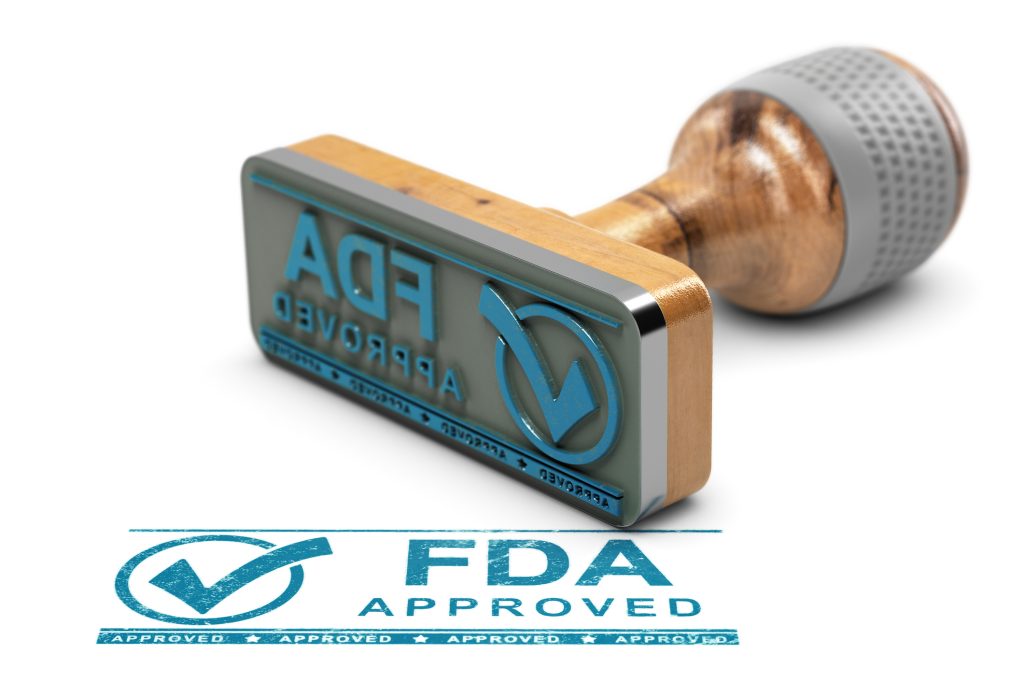The U.S. Food and Drug Administration (FDA) has approved Abeona Therapeutics Inc.’s ZEVASKYN (pronounced as ‘ZEE-vah-skin’) (prademagene zamikeracel) gene-modified cellular sheets, also known as pz-cel, as the first and only autologous cell-based gene therapy for the treatment of wounds in adult and pediatric patients with recessive dystrophic epidermolysis bullosa (RDEB).
There is no cure for RDEB, and ZEVASKYN is the only FDA-approved product to treat RDEB wounds with a single application.
ZEVASKYN consists of a patient’s own keratinocytes that have been genetically modified, to produce functional Type VII collagen. ZEVASKYN sheets are surgically applied to the patient’s wounded areas. In a single application of ZEVASKYN, up to 12 credit card-sized sheets can be joined together to cover large areas or applied to multiple distinct wounds, allowing for significant coverage of affected body areas.
A Pivotal Moment
“Today’s approval of ZEVASKYN represents a pivotal moment in the treatment of RDEB, answering the call of people living with the clinical, economic, and human impact of this devastating disease,” says Vish Seshadri, PhD., MBA, Chief Executive Officer of Abeona, in a news release. “We have heard from the RDEB community that there is a persistent unmet need to reliably address RDEB wounds, especially those that are chronic and prone to infection. Through a single surgical application, ZEVASKYN can now offer people with RDEB the opportunity for wound healing and pain reduction in even the most severe wounds, as evidenced by the results from our pivotal Phase 3 study.”
The FDA approval of ZEVASKYN is based on the pivotal Phase 3 VIITAL study (NCT04227106), a multi-center, randomized, intrapatient-controlled trial that met its two co-primary efficacy endpoints demonstrating statistically significant healing of 50% or more from baseline in large chronic RDEB wounds, and pain reduction from baseline as assessed by the Wong-Baker FACES scale, as evaluated at six months after treatment.
Across 43 large and chronic wounds treated with a single application of ZEVASKYN, 81% of wounds showed 50% or more healing as evaluated at six months, compared to 16% in 43 matched control wounds treated with standard of care. The most common adverse events were observed in fewer than five percent of patients and included procedural pain and itch.
Meaningful Improvements
“ZEVASKYN was well-tolerated and efficacious in clinical studies, providing clinically meaningful improvements in wound healing, pain reduction, and other associated symptoms in large chronic RDEB wounds after a single application,” says Jean Tang, MD, PhD, Professor of Dermatology Professor of Dermatology at Stanford University in Palo Alto, CA, and lead principal investigator of the VIITAL study. “In the completed Phase 1/2a study of ZEVASKYN, we have observed wound healing and pain reduction that have lasted for years after a single application. Today we can celebrate the availability of an exciting new therapeutic option made possible by the incredible courage of patients and families who participated in these clinical studies.”
In the Phase 1/2a study of ZEVASKYN (NCT01263379), a single-center, open-label study in 38 chronic wounds across seven patients showed that a single surgical application of ZEVASKYN was associated with long-term improvement at treated sites over a median follow-up of 6.9 years; range 4 to 8 years.
Long-Term Results
“After many years of work, it is great to see this FDA approval of ZEVASKYN. The EB patients deserve all that we can do for them,” adds M. Peter Marinkovich, MD, Associate Professor of Dermatology at Stanford University in Palo Alto, CA, and Co-principal investigator of the VIITAL study.
“Based on the strength of our data across clinical trials, we are confident in ZEVASKYN’s ability to deliver long-term results after a single treatment application,” says Madhav Vasanthavada, PhD, MBA, Chief Commercial Officer of Abeona. “We are committed to working closely with both commercial and government payers on outcome-based agreements that stand behind the promise of ZEVASKYN for patients and expedite access.”
Across both clinical studies, ZEVASKYN was well-tolerated with no treatment-related serious adverse events observed to date.


